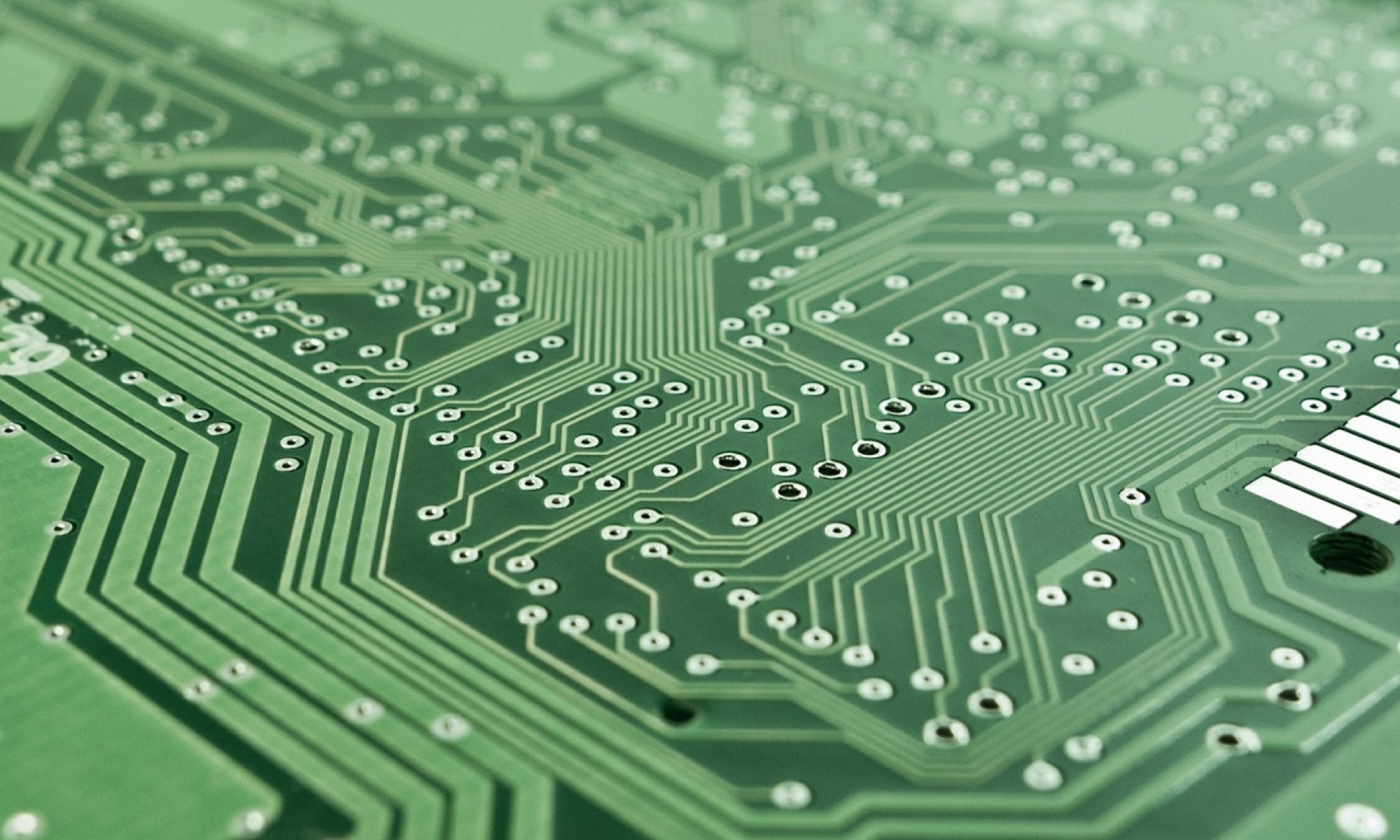A new SEI fact sheet, “Teaching Sustainability with Electronics“ presents the idea that electronic devices provide a means for making sustainability and systems thinking concepts less abstract and more relatable for students. Electronics have a variety of economic, environmental, and social impacts throughout their product lifecycles, and thus provide opportunities to consider the three pillars of sustainability as they relate to everyday objects. The fact sheet also points out that the number and breadth of issues surrounding electronics make sustainable electronics discussions relevant to a multitude of subjects, beyond industrial design, computer science, and engineering. Three examples of SEI education projects are also provided. This document is geared toward formal educators at both the K-12 and university levels, as well as nonformal and informal educators interested in education for sustainability. The goal is to inspire novel approaches to introducing sustainability to students. Educators who would like advice on how to use sustainable electronics concepts in their curricula or programs should email me.
This fact sheet is meant to be the first in a series that will illustrate how sustainable electronics issues relate to various fields of study and provide suggested activities and resources for educators. Look for subsequent fact sheets in the coming months.
Meanwhile, check out the video below from the 2014 Prairie Research Institute Lightning Symposium, in which I talk about electronics as the key to making the environmental and social impacts of technology immediately relevant and compelling, in the effort to foster sustainable mindsets and personal connections to issues on a global scale.
